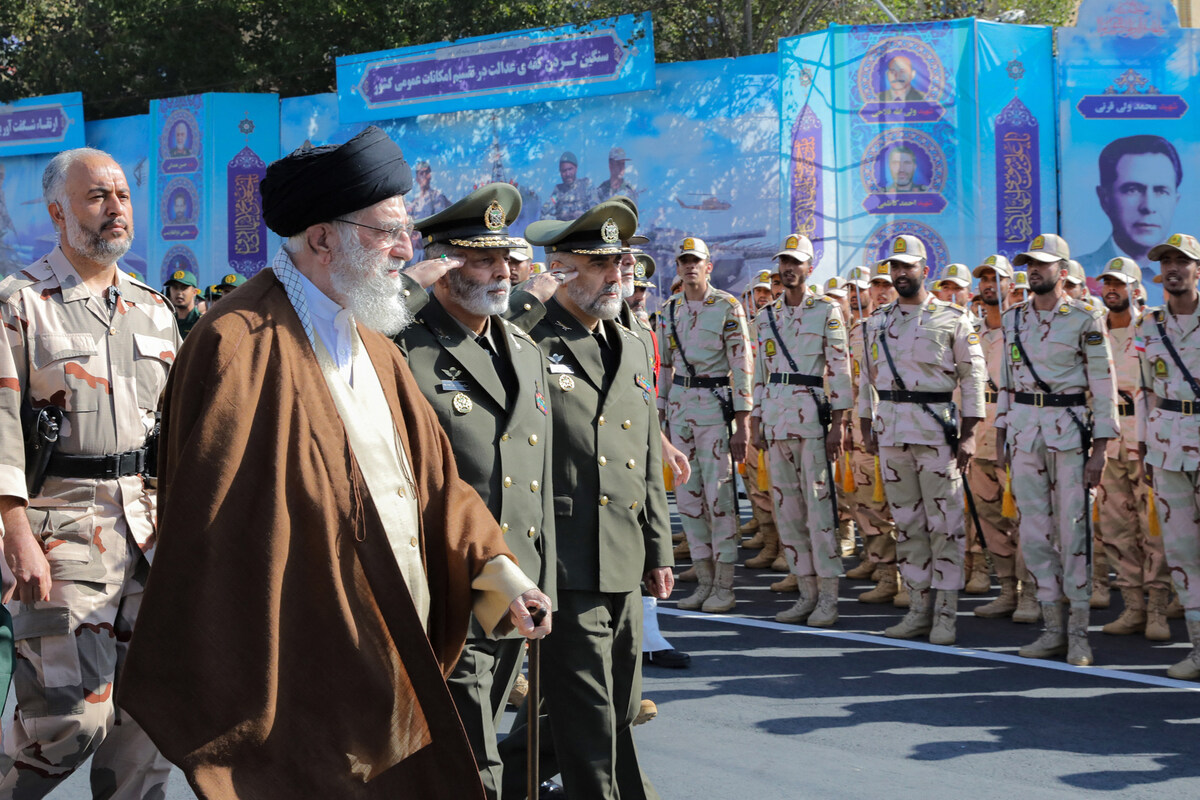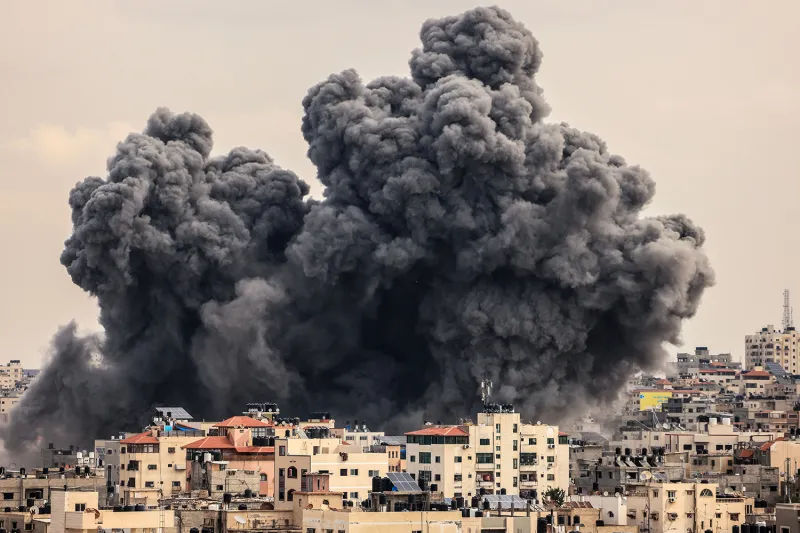The world was stunned on October 7 by the devastating operation carried out by the Islamist militant group Hamas in southern Israel, which resulted in the deaths of 1,200 Israelis, including civilians, and the taking of over 200 hostages to Gaza. Following the assault, Israeli Prime Minister Benjamin Netanyahu managed to bring the opposition together and form a war cabinet by claiming that the Hamas strike was Israel’s 9/11. Netanyahu has pledged to redraw the Middle East’s borders and has forecast that the conflict in Gaza will extend throughout the area.
Given the current circumstances, it is reasonable to conclude that both Netanyahu and Hamas are driven to take the conflict further into the region. Israeli forces have concentrated on eliminating Hezbollah forces in Lebanon, bombing Syrian airports close to the Turkish border, and “accidentally” striking Egyptian positions close to the Gaza border. Khaled Mashal, the former leader of Hamas, promised to keep fighting for Palestine’s freedom. In an interview with Saudi TV station Al-Arabiya on October 19, he declared that the Palestinians were willing to sacrifice millions of people in order to save their land. He also begged Hezbollah and the Arab states for assistance.

US President Joe Biden and British Prime Minister Rishi Sunak continue to support Netanyahu’s war in Gaza, which has left more than 11,000 civilians dead and nearly 30,000 injured, 75 percent of them women and children. According to the Hamas-run health ministry in Gaza, some 1.6 million people in Gaza had been internally displaced and more than 220,000 housing units destroyed by Nov. 13. Arab foreign ministers have called for a ceasefire since the Israeli bombardment of Gaza began, while Turkish President Recep Tayyip Erdoğan has offered to mediate between the leaders of Israel and Hamas. French President Emmanuel Macron has hinted that Tehran is supporting Hamas in the form of “aid” and “cooperation,” but he also said France has no official evidence of this. Iran’s supreme leader, Ayatollah Ali Khamenei, however, denied Iran’s involvement, although he did praise the Oct. 7 attack.

The African Union strongly condemned the Israeli airstrike on the Al-Ahli Baptist Hospital in Gaza on Oct. 17, which killed more than 500 people, Hamas claimed. The two major African nations, South Africa and Egypt, are playing a very active role in trying to stop Israel’s relentless attacks on civilians. Egyptian President Abdal-Fatal El Sisi hosted the Cairo Peace Summit on Oct. 21 in an effort to end the catastrophe in Gaza. The one-day meeting in Cairo was attended by Arab heads of state and government and representatives from France, Germany, Russia, China, the United Kingdom, the United States, Qatar, Turkey and South Africa, as well as representatives from the United Nations and the European Union. However, the absence of Israel and the presence of the United States in Cairo without high-ranking officials cast doubt on the effectiveness of the summit. South African President Cyril Ramaphosa expressed during the summit that his country had experienced oppression by an apartheid regime not so long ago and that the world did not want to see that kind of oppression again. South African Foreign Minister Dr. Naledi Pandor, who participated in the UN Security Council open debate on the situation in the Middle East on Oct. 24, called on the United Nations to create a two-state solution in which Israelis and Palestinians live side by side in peace. She emphasized that this must be done in accordance with the 1967 borders, with East Jerusalem as the capital of Palestine. Pandor criticized the UN Security Council for not preventing the conflict from leading to this level of violence and harm to the civilian population in Gaza. The ruling African National Congress and the South African Department of International Relations and Cooperation (DIRCO) condemned the Israeli attack on the Gaza Strip.




Leave a reply